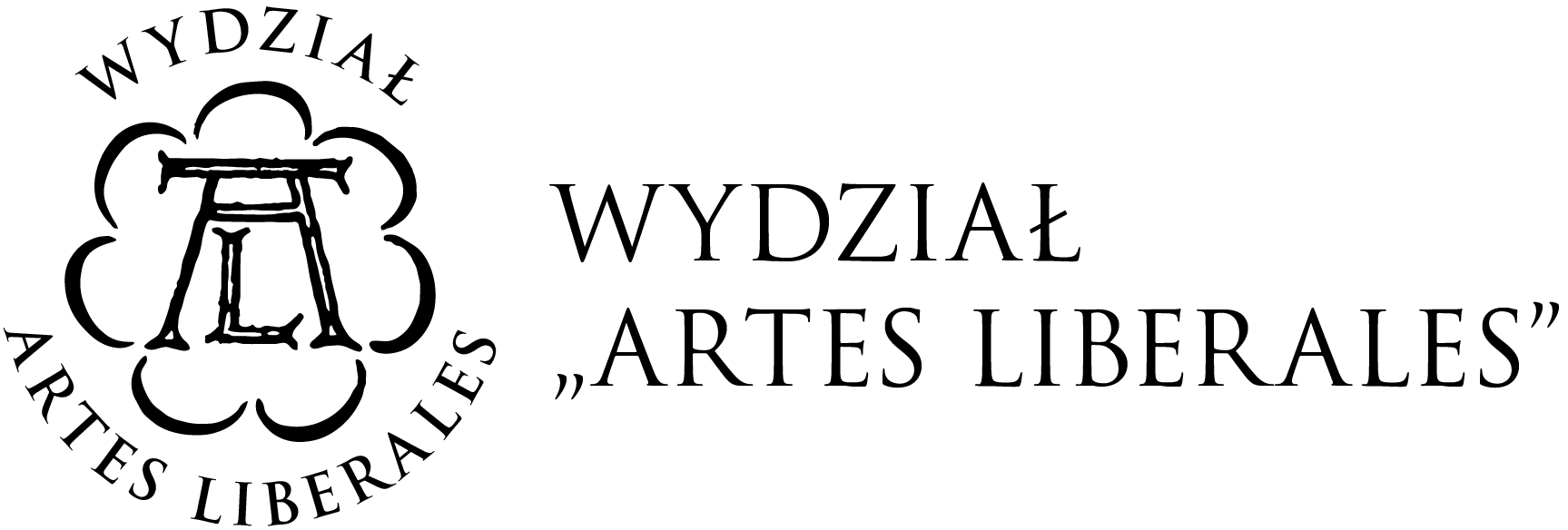Interdisciplinary Studies on Social Change: Mediterranean and Other European Borderlands
Master’s degree programme
The programme offers an interdisciplinary approach to sociocultural issues, social change and challenges of the modern world, including global and local conflicts, migrations, climate change, demographic crises, or economic inequalities. It provides students with a variety of research methods in humanities and social sciences, giving insights into political systems, contemporary culture, social movements, borderland societies, cultural and linguistic diversity. Apart from broad humanistic knowledge and expertise in the historical and contemporary social change, the programme offers a chance to develop practical competence in intercultural communication, collecting and processing data, as well as planning and conducting research.
Social change, borderland societies, political systems, intercultural communication, migrations, demographic crises, climate change
- Social Participation and Intercultural Communication
- Anthropology of Money
- Capitalism and Other Beats
- Debating on Social Change: Key Social Challenges for the 21st Century
- Gendered Geographies of Power, Migration and Social Change in the Mediterranean
- Minority and Indigenous Rights in Practice
- Spanish Literature and Social Change
Our students gain experience taking part in research projects and workshops, develop their language and communication skills, and are able to combine their Master’s degree projects with their professional and non-professional interests, which often include work for social organisations, participation in humanitarian programmes, journalistic writing, and various forms of creativity
The programme is tailor-made for those interested in pursuing their careers in a variety of social and cultural institutions, both state and non-governmental organisations (NGOs), as culture animators, educators, journalists, intercultural communication or media relations specialists
